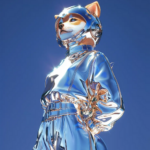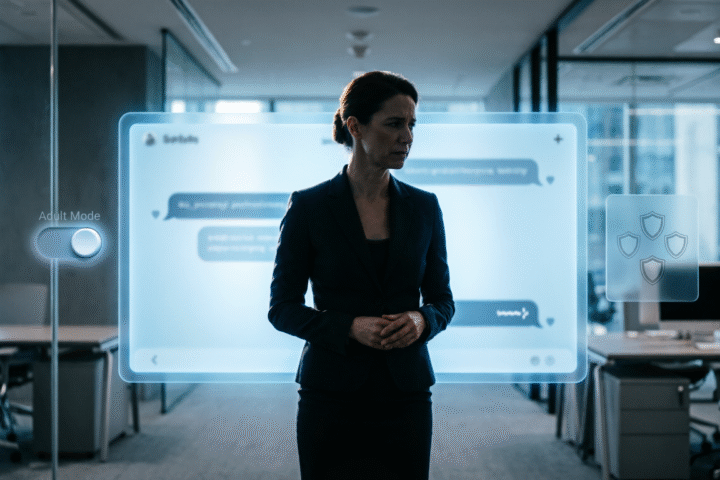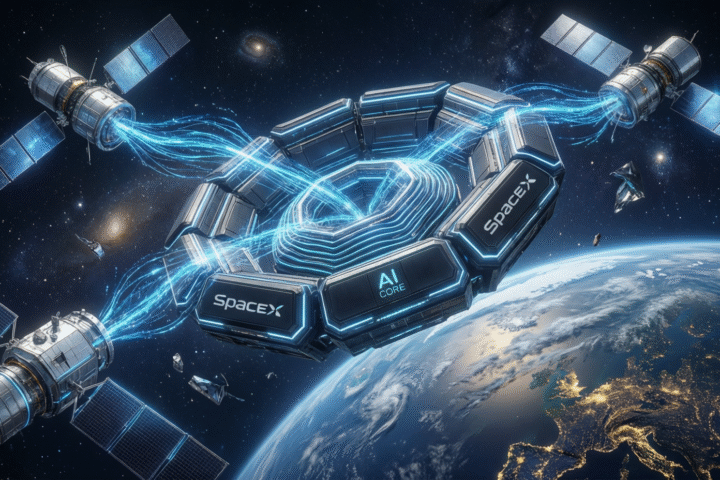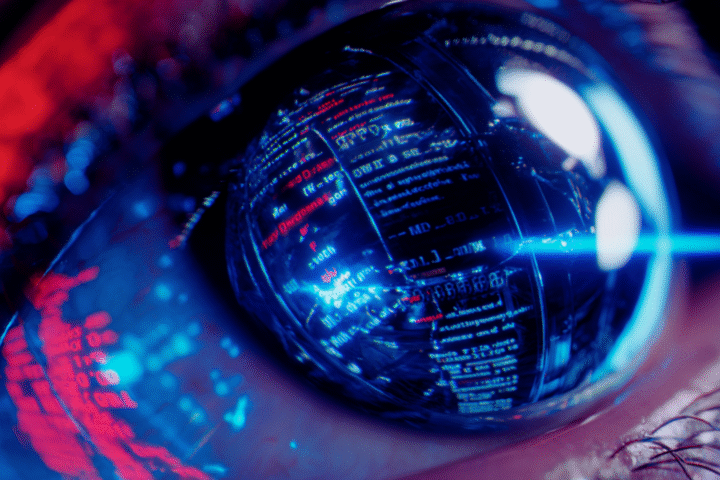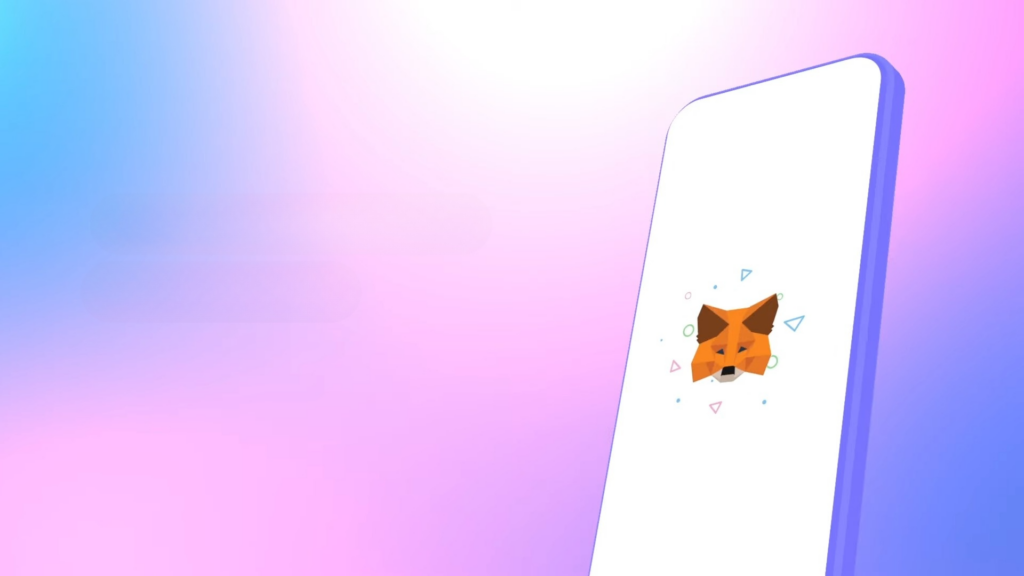Tech mogul Elon Musk has once again sparked controversy within thе AI community with his latеst bold prediction that superhuman artificial intelligence (AI) will exceed human intelligence by the end of next year.
In an interview with Norges Bank CEO Nicolai Tangen on X on Sunday, Musk confidently stated, “My guess is we’ll have AI that is smarter than any one human probably around the end of next year.” The conversation has since been released as an episode on Musk’s podcast, “In Good Company”.
Musk’s statement didn’t stop there; he went on to suggest that the aggregate intelligence of AI systems, referred to as “total sentient compute”, would surpass the combined brainpower of all humans within the next five years.
The ‘sentient compute’ concept relates to AI’s ability to exhibit self-awareness and autonomous decision-making.
During the live interview, Musk shared his belief that AI will outsmart any individual human. However, he did acknowledge potential setbacks, citing escalating power requirements and chip shortages as limiting factors that could hinder AI advancements in the short term.
Related: Kusama Reveals Details Of New AI Product in Recent Livestrеam
The distinction between having “superhuman” AI and “superintelligent” AI is crucial, as Musk’s focus appears to be on the former, highlighting the capacity for AI to outperform specific human capabilities rather than humanity as a whole.
The controversial billionaire has a history of making grandiose predictions about AI technology.
At a gathering held at Lancaster House last November., a prestigious U.K. government building, Musk declared, “We will havе something that is, for the first time smarter thаn the smartest human.”
“It’s hard to say exactly what that moment is, but there will come a point where no job is needed,” Musk continued, sharing the stage with British Prime Minister Rishi Sunak, “You can have a job if you wanted to have a job for personal satisfaction. But the AI would be able to do everything.”
Related: OpenAI Policy VP Fired After Dispute Over Adult Mode Feature
Additionally, he endorsed a letter advocating for a 6-month halt in the development of AI systems more potent than GPT-4, a model from OpenAI, a company he helped establish.
Ironically, Musk’s own initiatives in the AI world, such as his chatbot GROK by xAI, have played a role in accelerating the AI race. GROK now competes with the industry-leading GPT-4 model by OpenAI.
As the AI landscape evolves, all eyes will be on the developments in the sector. Whether it achieves superhuman status by next year or by 2026, one thing is certain: Elon Musk’s words will echo through the annals of AI history, shaping our understanding of what’s possible—and what we must guard against.


